- 95% of the US population is estimated to be internet users, leading to potential issues such as digital addiction, information overload, and social isolation.
- People can combat digital addiction by setting time limits, taking regular breaks, and practicing mindfulness.
- To reduce information overload, one should filter emails, set up notifications for critical info only, and focus on high-priority tasks before engaging in digital distractions.
- To minimize one’s digital footprint, use strong passwords, limit personal info sharing online, and take advantage of privacy settings.
- Disconnecting from the internet can be achieved through camping, meditation, yoga, or journaling.
In this digital age where smartphones, laptops, and other gadgets act as lifelines for everyday tasks, it’s common for most of us to be always online. People rely on the Internet for communication, shopping, learning, and entertainment. But with the ubiquity of the internet comes a growing list of problems, especially when you’re always online. Here’s what you need to know about it and how to disconnect effectively for a better life.
Number of Internet Users Today
It’s estimated that there are 312 million internet users in the U.S. today. That’s about 95% of the entire population. This number is expected to grow in the coming years as more people become connected and discover the convenience of using online services.
The Dangers of Being Always Connected
Being constantly connected can be a double-edged sword. On the one hand, it allows people to connect with others worldwide and access information quickly. But on the other hand, it can affect their mental health. Here’s a deeper look into the problems of being constantly connected to the internet.

Digital Addiction
One of the most prominent problems of being constantly connected to the internet is digital addiction. You’re constantly bombarded with notifications, messages, emails, and other distractions online. As a result, you spend hours scrolling through social media or playing games, ignoring the physical world around you. Moreover, excessive internet use can lead to adverse health effects, including sleep disturbances, eye strain, and poor posture.
To overcome this problem, set time limits for internet use, take regular breaks, or practice mindfulness to decrease anxiety and stress.
Information Overload
Another issue with being always online is information overload. The internet is a vast sea of information, and it’s easy to get lost in the endless streams of news, articles, videos, and updates. Too much information can lead to decision paralysis, decreased productivity, and cognitive overload.
To avoid information overload, organize your digital space by filtering your emails, setting up notifications for critical information only, and focusing on high-priority tasks before engaging in digital distractions.
Digital Footprint
Being always connected to the internet also means leaving a digital footprint. Every search you make, every post you share, and every comment you leave is collected and stored by online platforms. This can lead to privacy concerns, as our personal information is vulnerable to data breaches, identity theft, and cyberattacks.
To minimize your digital footprint, secure your accounts with strong passwords, limit the amount of personal information you share, and use privacy settings to control the visibility of your data.
Social Isolation
Despite the promise of social connectivity, being always online can lead to social isolation. When you rely on digital communication, face-to-face interactions’ physical and emotional connections may diminish. Social isolation can lead to decreased well-being, depression, and anxiety.
To combat social isolation, prioritize offline relationships, use the internet to facilitate real-world interactions, and practice active listening and empathy to foster deeper social connections online.
Multitasking
Finally, constantly connected to the internet promotes multitasking, which can hurt productivity, creativity, and critical thinking. When you try to do too much at once, you’ll likely make mistakes, forget important details, and feel overwhelmed.
To reduce multitasking, prioritize high-energy tasks, break work into small, manageable chunks, and limit interruptions by turning off notifications and closing unnecessary tabs.
Activities to Disconnect For a Better Life
Thankfully there are several activities you can do to disconnect from the internet and find balance in your life. Here are some of them:
Camping
One of the most common activities to disconnect from the internet is camping. Not only will it get you out of your everyday routine and into nature, but it also gives you a chance to reconnect with yourself and loved ones without all the distractions of technology. However, you’ll need to invest in the right equipment before anything else. First, invest in comfortable camping tents to sleep soundly outdoors. These tents can also provide shade and shelter from the elements. Next, invest in quality sleeping bags to keep you warm during colder nights and cooking equipment such as camp stoves and utensils for a hassle-free camping experience.

Meditation
Another great activity to disconnect from the internet is meditation. Meditating can help you relax, refocus your attention, and reduce stress. To get started, find a quiet space and sit comfortably on the floor or on a chair with your feet flat on the ground. Take slow breaths while focusing your attention on each breath. You can also use guided meditation apps if you need help getting into a meditative state.
Yoga
Yoga has been around for thousands of years, and it’s an excellent way to disconnect from the internet. Practicing yoga can help improve physical and mental health while creating a calming environment away from digital distractions. To get started, find a local yoga studio or try an online course if you can’t access studios in your area.
Journaling
Journaling is another excellent activity to help you disconnect from the internet. Writing down your thoughts, feelings, and experiences can be very therapeutic, and it’s an effective way to process emotions without being overwhelmed by all the online information. All you need is a notebook, paper, and pen to start journaling!
Being constantly connected to the internet has its advantages and several drawbacks, from information overload to digital addiction. Thankfully, there are activities you can do to effectively disconnect from the internet and find balance in your life. Whether camping or journaling, these simple activities will help keep you grounded and more focused on the real world.












